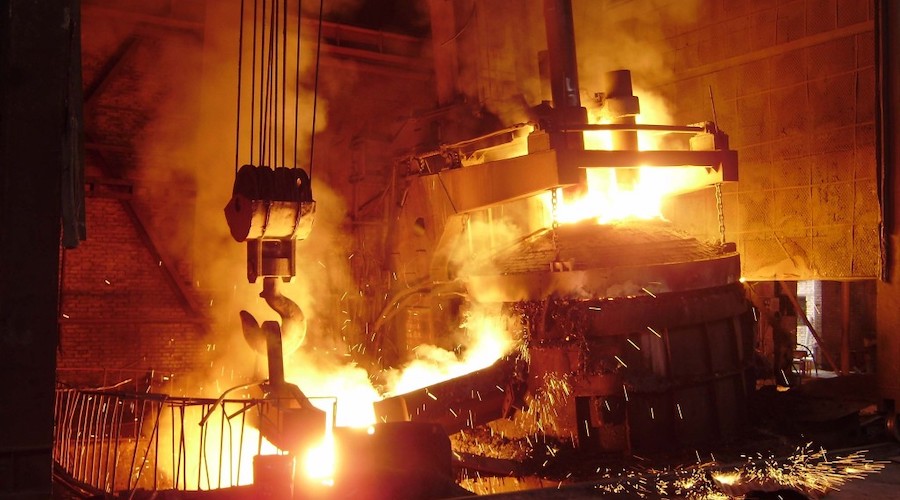Iron ore price rises on hopes of Chinese stimulus measures

The cabinet said on Wednesday China would use timely cuts to reserve requirement ratios and other policy tools to support the economy, as well as industries and small firms hit by the pandemic.
China’s commercial capital Shanghai has locked down its 25 million residents for almost three weeks as authorities attempt to contain the country’s biggest outbreak of covid-19 since the coronavirus was first identified in the city of Wuhan in late 2019.
The restrictions in Shanghai, and in other Chinese cities, are starting to ripple through global supply chains, with some factories being forced to close and delays increasing at ports.
Li Wentao, an analyst with Tianfeng Futures highlighted that some Chinese cities had recently relaxed their property sales policies.
“… Real estate sales are improving, and the market is mainly focusing on how long will it take to transfer (this momentum) to the property development sector.”
Li also expects steel demand to recover in the second half of the year and flagged that prices of steelmaking raw materials, such as iron ore, coke and steel scrap, were still high and squeezing mills’ profits.
Steel demand
Global steel demand is likely to grow 0.4% to 1.84 billion tonnes this year, slowing from a 2.7% gain in 2021, hit by the uncertain outlook created by the conflict in Ukraine and rising, the World Steel Association (WorldSteel) said on Thursday.
“The expectation of a continued and stable recovery from the pandemic has been shaken by the war in Ukraine and rising inflation,” WorldSteel said.
“The impact will also be felt globally via higher energy and commodity prices – especially raw materials for steel production – and continued supply chain disruptions, which were troubling the global steel industry even before the war.”
Demand in China, which accounts for about half of global steel consumption, is now expected to remain flat this year, the association said.
“There are further downside risks from the continued surge in virus infections in some parts of the world, especially China, and rising interest rates,” it said.
(With files from Reuters and Bloomberg)




